Publications
Articles, publications, books, tools and multimedia features from the U.S. Institute of Peace provide the latest news, analysis, research findings, practitioner guides and reports, all related to the conflict zones and issues that are at the center of the Institute’s work to prevent and reduce violent conflict.

Robin Wright on Raisi’s Death and What It Means for Iran
With the death of President Ebrahim Raisi, the Iranian regime has reached “a critical turning point.” And with just two weeks until the vote to replace him, it’s important to pay attention to “not only who wins the new presidency, but how many Iranians actually participate in the process,” says USIP’s Robin Wright.
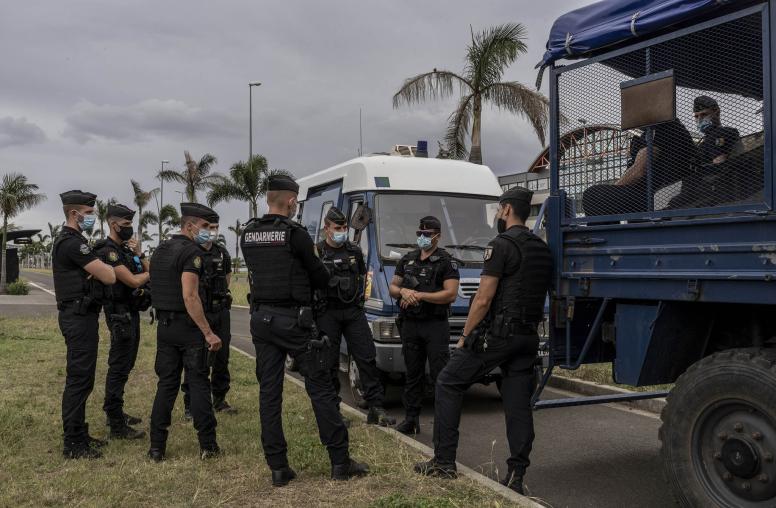
Explainer: What Caused the Recent Unrest in New Caledonia?
Violence engulfed New Caledonia last week as the French National Assembly passed a constitutional amendment that will undermine the political representation of the Pacific territory’s Indigenous Kanak people. During days of unrest unprecedented since the 1980s, security forces and protesters clashed across the archipelago, leaving six dead and hundreds injured. Buildings and vehicles were set on fire in the capital, Nouméa, while streets were barricaded throughout the territory, flights were grounded and New Caledonia was placed under a state of emergency.
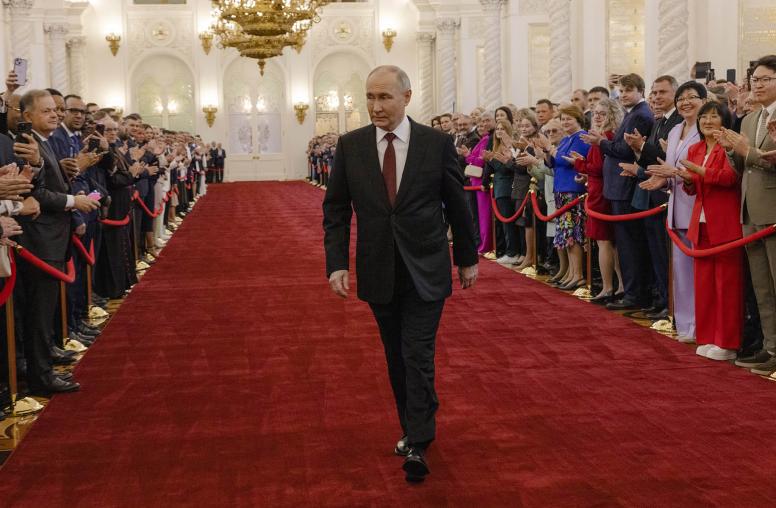
Putin Renews His Signal on Ukraine: Readiness for a Long War
Several recent actions by the Kremlin reinforce its signals that Russian President Vladimir Putin is committed to sustaining his grinding war of attrition against Ukraine for years to come if necessary. Putin likely believes that Russia can outlast the West’s support for Ukraine, thereby achieving his aims of fully occupying the territory his country illegally annexed in 2022 (especially the Donetsk and Luhansk regions) and destroying Ukrainian sovereignty. Indeed, Putin may well see that successful annexation as vital to his foremost goal: retaining power in Russia.
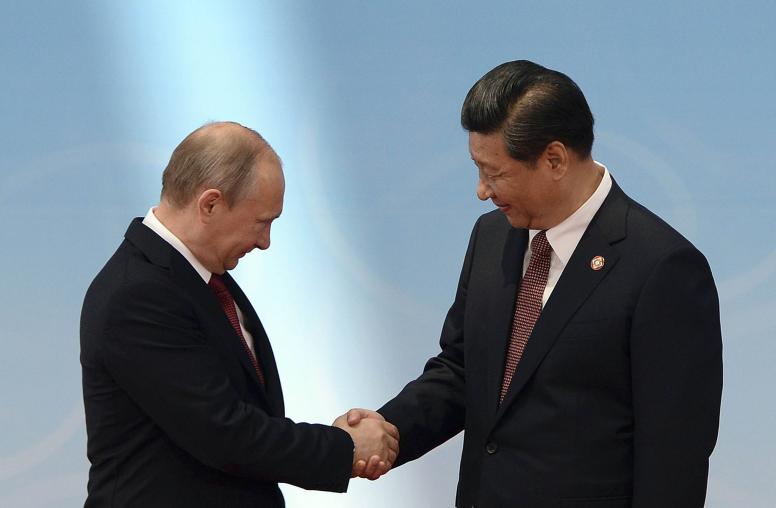
Xi and Putin Strengthen Strategic Ties, Spurn U.S. Leadership
Russian President Vladimir Putin visited China last week for the second time in just over six months. Putin and Chinese leader Xi Jinping have met over 40 times and the two leaders have developed a close personal bond as their countries’ strategic partnership has deepened. Western sanctions against Russia for its illegal invasion of Ukraine have led Moscow to rely on Beijing for both an economic lifeline and moral and materiel aid. Both leaders share a broad worldview that opposes what they perceive as U.S. hegemony over the international order and want to lead an emerging multipolar international system.
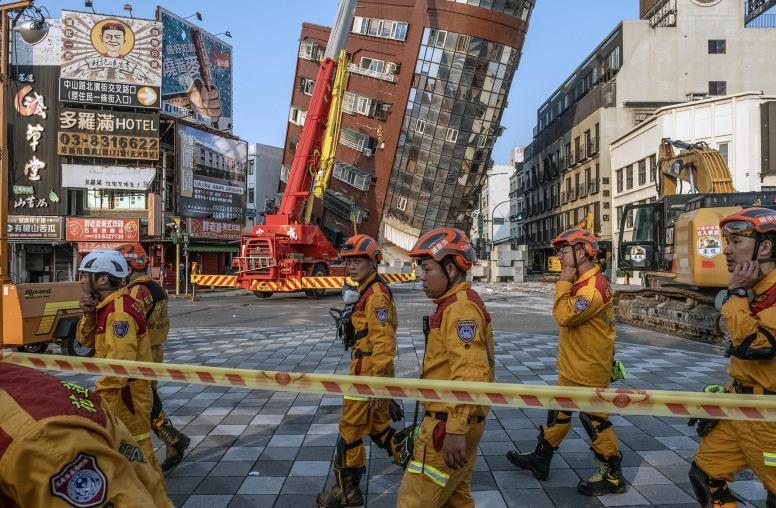
Stress Test: the April Earthquake and Taiwan’s Resilience
On April 3, Taiwan experienced its most powerful earthquake since 1999. The earthquake struck the east coast county of Hualian and was felt across the entire island, including the capital Taipei City. At least 18 people were reported dead and more than 1,100 people were injured. Taiwan’s high level of earthquake preparedness stems from its familiarity with seismic activity and most importantly, lessons learned from several catastrophic earthquakes over the past two decades.
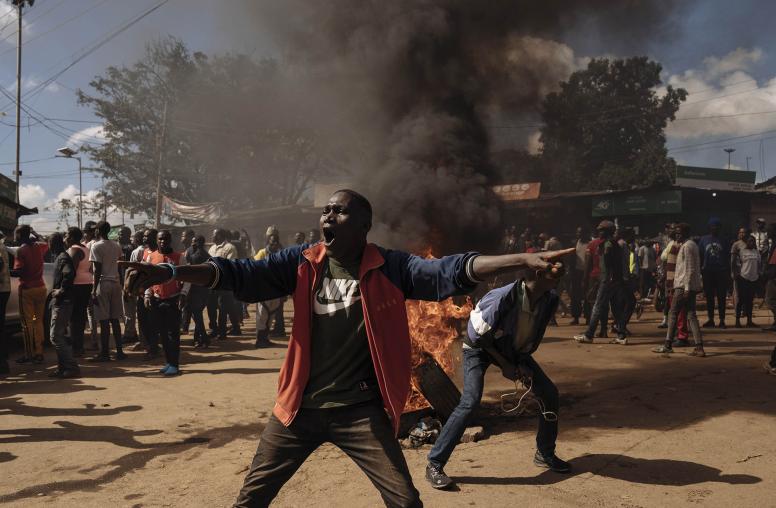
Kenya, a Key U.S. Partner, Needs Help to Foster Peace in Africa and Beyond
This week’s state visit to the United States by Kenya’s president — the first by an African head of state in over 15 years — is meant ceremonially to celebrate 60 years of formal U.S.-Kenyan relations. But Kenya’s current importance for America lies in its role as a valued partner, especially on the continent with the world’s fastest-growing population. President William Ruto can underscore both imperatives and opportunities for U.S. roles across the continent that will shape security and prosperity for next generations of Americans and Africans. Urgent issues include averting catastrophic famine in East Africa and activating economic investment to support stability and democratization.
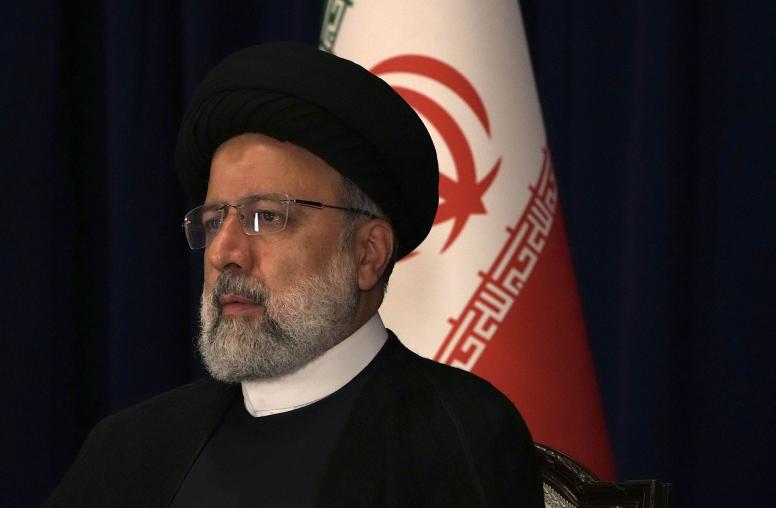
What’s Next for Iran After Raisi’s Death?
On May 19, Iranian President Ebrahim Raisi, Foreign Minister Hossein Amir-Abdollahian and six other passengers and crew died in a helicopter crash. The aircraft went down in dense fog in a mountainous region of East Azerbaijan province in northwestern Iran. The officials were returning from the opening ceremony for a dam on the border with Azerbaijan. Less than 72 hours after Raisi’s death, the focus has turned to the political changes that come next with elections slated for June 28.

Asfandyar Mir on Balancing Counterterrorism and Strategic Competition
As terror threats emanating from Afghanistan and Pakistan rise, many may see counterterrorism as a distraction from other U.S. priorities, such as competition with China and Russia. But investment in counterterrorism can work “preventively, to shield the strategic competition agenda,” says USIP’s Asfandyar Mir.
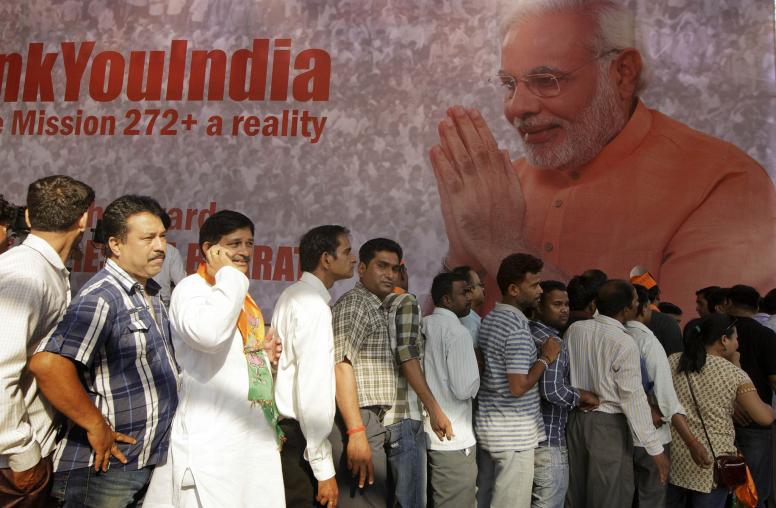
India Elections: Foreign Policy Rhetoric Mixes Bluster and Real Differences
Historically, foreign policy has rarely been a core area for political debate in India’s national elections. This year, the BJP is again widely anticipated to win a parliamentary majority, however, as hundreds of millions of Indian voters head to the polls, both Prime Minister Narendra Modi’s ruling Bharatiya Janata Party (BJP) and the opposition INDIA alliance, headed by the Congress Party’s Rahul Gandhi, have made a point to highlight their differences on several high-profile national security issues.

In Europe, Xi Looks to Boost Ties — and Sow Divisions
Chinese leader Xi Jinping last week made his first trip to the European continent in five years, visiting France, Hungary and Serbia. In Paris, Xi faced tough questions over trade and China’s support for Russia and its war in Ukraine, but met a much friendlier reception in Budapest and Belgrade, both of which view China as a key economic and political partner. Still, the visit demonstrated the obstacles Beijing faces in fostering deeper ties across Europe, where resentment is simmering over China’s moral and materiel aid to Russia and what Europe views as unfair trade practices.